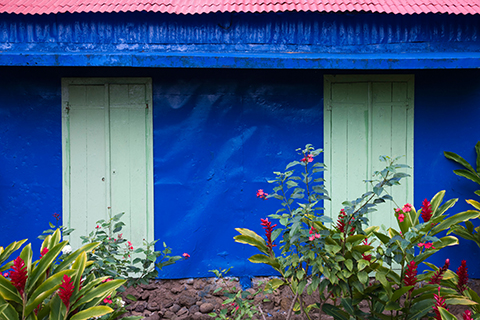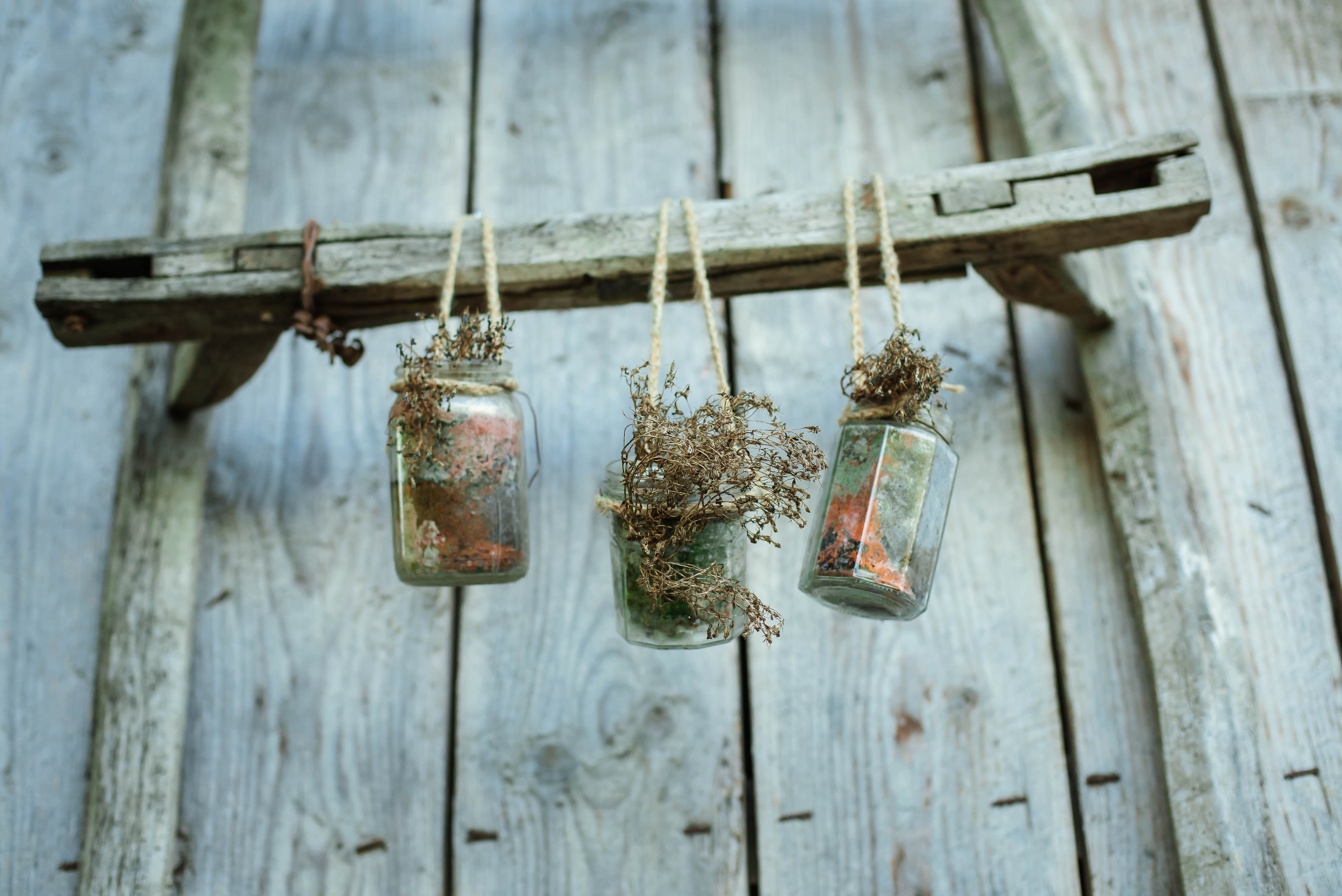Mauritius
Mauritius has most proactively explored the medical, scientific and economic potential of traditional medicine, and adapted its laws. With its relatively strong economic position, and solid public health system (in spite of recent health crises – e.g. Chikungunya fever) it has the capacity to effectively pursue this objective, and potentially, set an example. This case study, starting in 2018, will explore the ways in which regulatory strategies have been deployed to facilitate Mauritius’ engagement with traditional medicine, their background, contemporary effects, and ongoing policy conversations in the field.
We are grateful to the School of Law, University of Mauritius, for agreeing to host the lead-researchers for this case study during their period of fieldwork.
La Reunion
In contrast, to Mauritius, traditional medicine occupies a discreet and ambivalent place in La Reunion. Although the native populations there have a long history of traditional healing, La Reunion is a French Overseas Department and therefore subject to restrictive French legislation. Consequently, and to their discontent, many of the activities of local healers are formally illegal, or in an uncertain legal position. In addition to its contribution to understanding the place of traditional medicine in the West Indian Ocean region, Reunion vividly illustrates the deep tensions that the French approach creates in its abroad territories.
We are grateful for colleagues at the Universite de la Reunion for agreeing to host the lead researcher for this case study during the period of fieldwork.

Reunion Island, East Reunion, Piton Ste-Rose, blue Creole house with Red Ginger flowers, alpinia purpurata. Image shot 2008. Exact date unknown.
